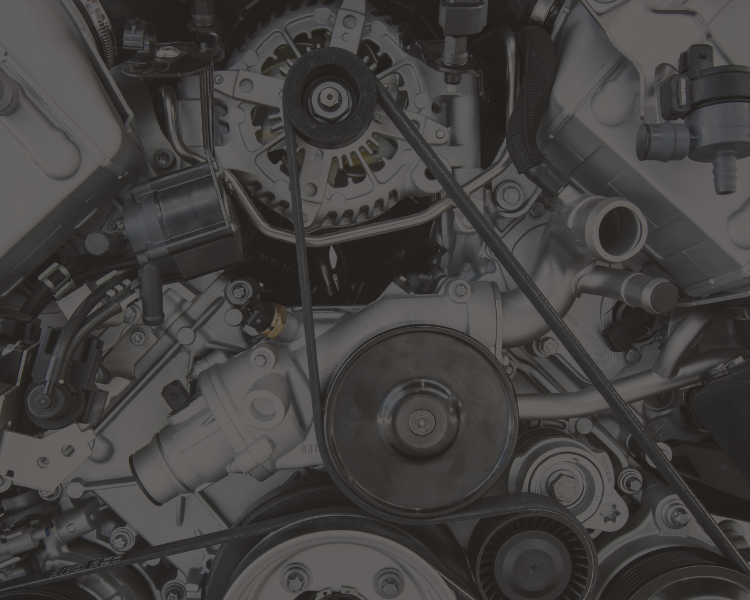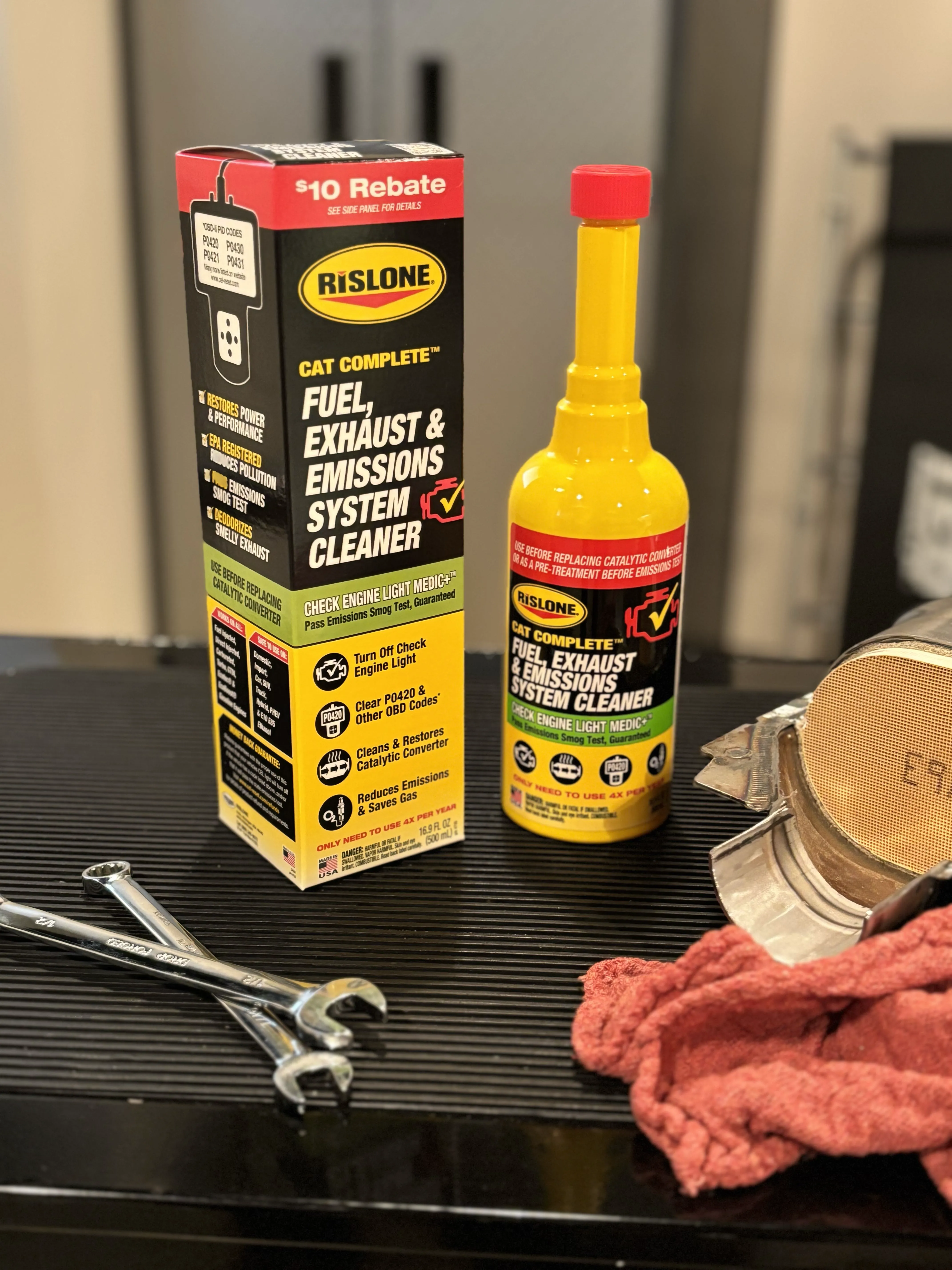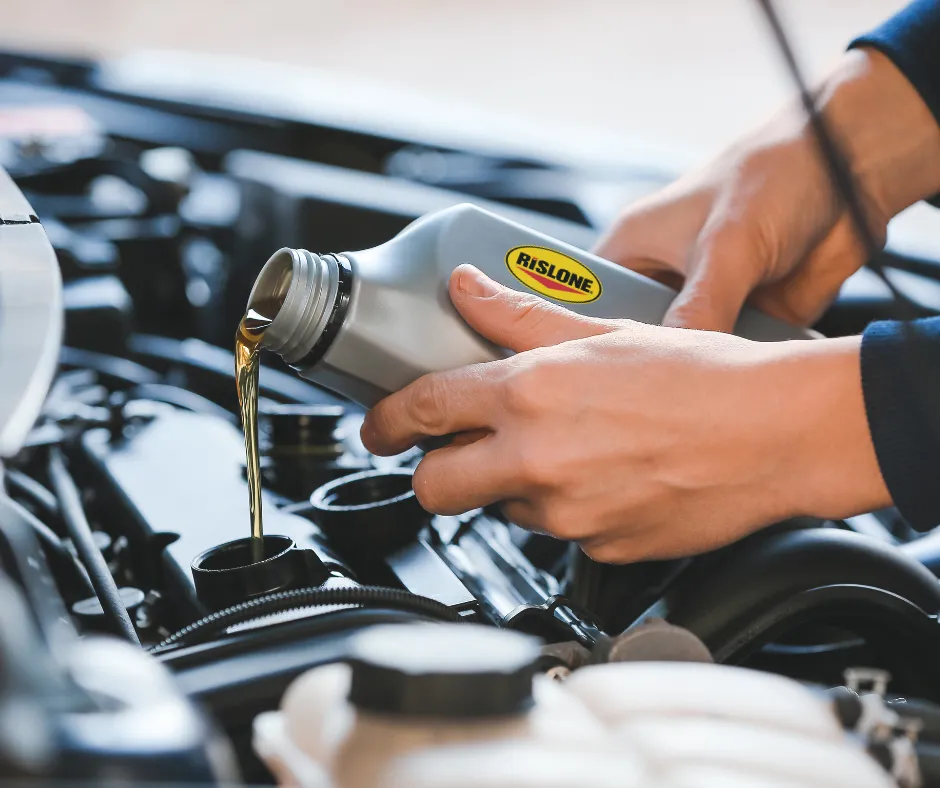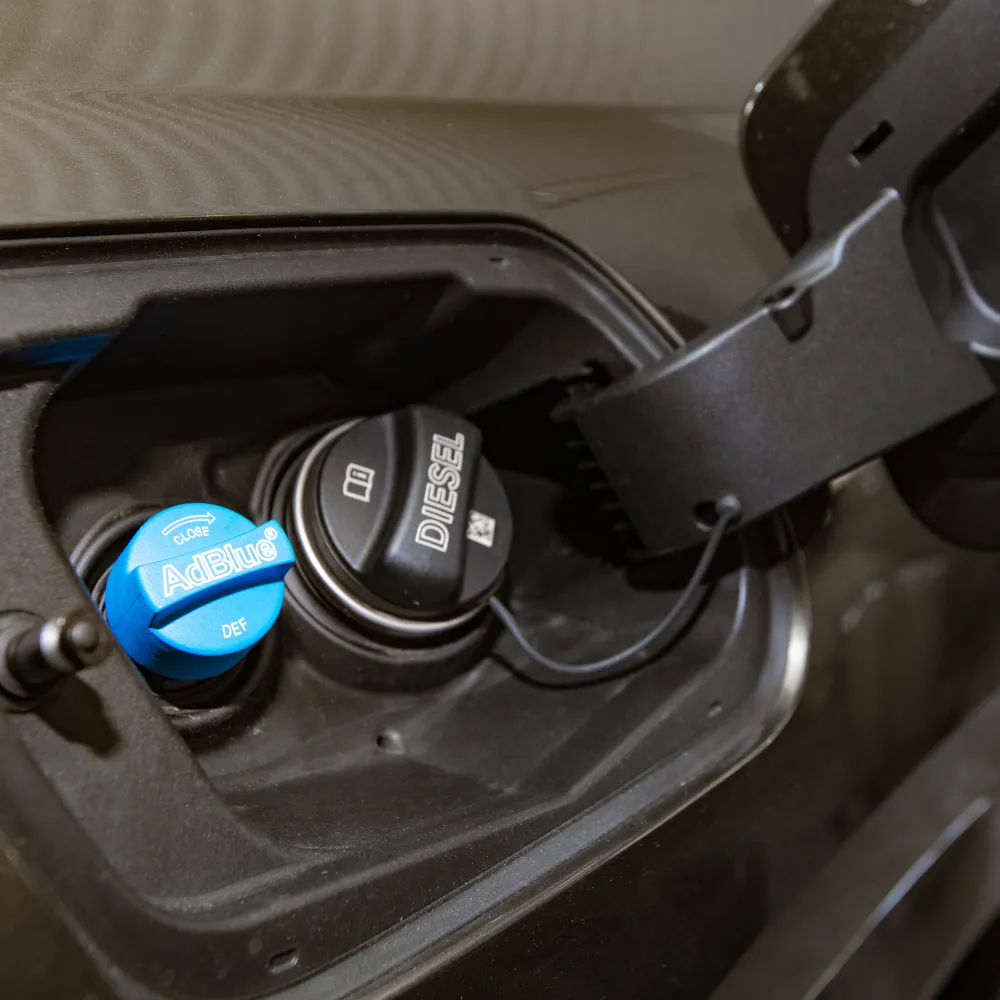The Right Type of Gas for Your Car
You might think about it every time you pull up to the gas pump. What grade fuel should I use? Can I just go for the 87-octane the lowest price option? Is there really a difference in gas grade? Here’s what you need to know.
Is a Higher-Octane Gas Really the Best Gas for Your Car?
When it comes to gas for your car, it’s not about which octane is the best but which octane your car requires. If your car’s owner’s manual doesn’t say you need a higher octane than 87, there’s no reason to pay extra for premium gas. A higher-octane gas will not offer you higher performance.
On the other hand, if your car’s owner’s manual says that your minimum octane for your car is 91 to 93, don’t cheap out — it could end up costing you more in the long run. Go ahead and use the premium. The general rule is you should be putting the minimum acceptable octane gasoline in your car as per the owner’s manual.
Why Do Some Cars Require Higher Octane?
Before knowing why some cars need higher octane, it’s important to understand what exactly octane is. When you activate the ignition, this creates a spark that ignites the compressed air and fuel mixing in your engine, which is what allows the gas to power your car. Sometimes this mixture can ignite prematurely, a phenomenon known as preignition, which is signaled by a knocking sound coming from the engine. Modern cars usually have knock sensors that prevent this.
The octane of your gasoline has nothing to do with how much energy is in the fuel. It is a measure of how easily your air-fuel mixture ignites. Higher octane means the gasoline you are using has a greater resistance to preignition. That is to say, it requires greater agitation to ignite it. That is all that the octane level indicates.
Many premium cars generate greater power by using a higher fuel-air compression ratio in the engine. Because the mixture is more compressed, it generates more heat and thereby is more likely to ignite early. Higher octane gasoline is more resistant to this problem.
What Happens if You Don’t Use the Best Gas for Your Car?
Your gas cap or instructions near the gas cap should indicate if your car requires premium fuel. You can also check the owner’s manual for specific information on what kind of octane fuels are appropriate for your car.
If your car requires premium gas and you use a lower octane like 87, you can expect knocking, preignition and engine damage particularly if you have an older model vehicle. If you have a modern car, your knock sensor will kick in to prevent preignition, but this will reduce your engine power and diminish fuel economy, so you will lose more money than you save by using the cheaper gas. It’s also conceivable that your knock sensor could be faulty or slow, which could still result in engine damage over time.
Should I Always Use Premium Gas When It Is Indicated and Never When It Is Not?
Some cars may indicate something like “premium fuel recommended.” What this means is that your car is safe to run on regular 87-octane gas, but there can be benefits from using a higher octane. If this is the case, you may want to just go with the cheaper gas, or experiment and see if the amount you make up in fuel economy and the difference in power is appreciable enough to justify the higher cost of the premium fuel.
What about the other way? Does higher octane gas ever help a car not designed for it? If there is no premium recommendation for your car, putting in higher octane gas will not improve fuel economy, and you are just throwing away money.
If your vehicle calls for diesel fuel, you have a diesel engine, which is an entirely different system. There is no negotiating fuel if you have a diesel engine. You need to fill it with diesel fuel and nothing else. If you put regular or premium unleaded gasoline in a diesel engine, not only will the vehicle not run, you can do catastrophic damage to the engine.
Other Things to Know About Octane
If you are driving through very high-altitude places, you may see gas stations offering lower-octane gasoline than you expect. For example, you may see 85-octane gas advertised. If you are used to always just getting the least expensive gas at the station, you may be tempted to use lower octane gas than you are used to. Here’s why you should resist that temptation.
Older cars were able to operate with lower than normal octanes at high altitudes because of the thinner air, but this does not hold with modern fuel-injection engines. Therefore, if you usually use 87-octane gas, going for the cheapest option if it is lower than 87 is not recommended. It is better for your car to use 87, 88 or even 91-octane gas than to go too low. If you have a luxury car that needs premium gas, try to fill up before driving to a high-altitude location in case you cannot find a gas station that provides the octane you need.
Foreign cars that are designed for sale in the U.S. should have standard octane ratings, but those purchased or intended for purchase outside the U.S. may call for a RON, or research octane number. The RON number and the U.S. octane number do not match up exactly. If your European car calls for RON 95, for example, it requires regular or 87-octane gas. If it asks for RON 98, use premium 93-octane fuel.
Hy-per Lube Know Fuel
We’ve been in the fuel business for a long time, and we have a legendary following as a result of five decades of delivering results. If you are an enthusiast, racer or off-roader – or anyone just worried about getting the best fuel possible for your car – check out our award-winning product lineup.




